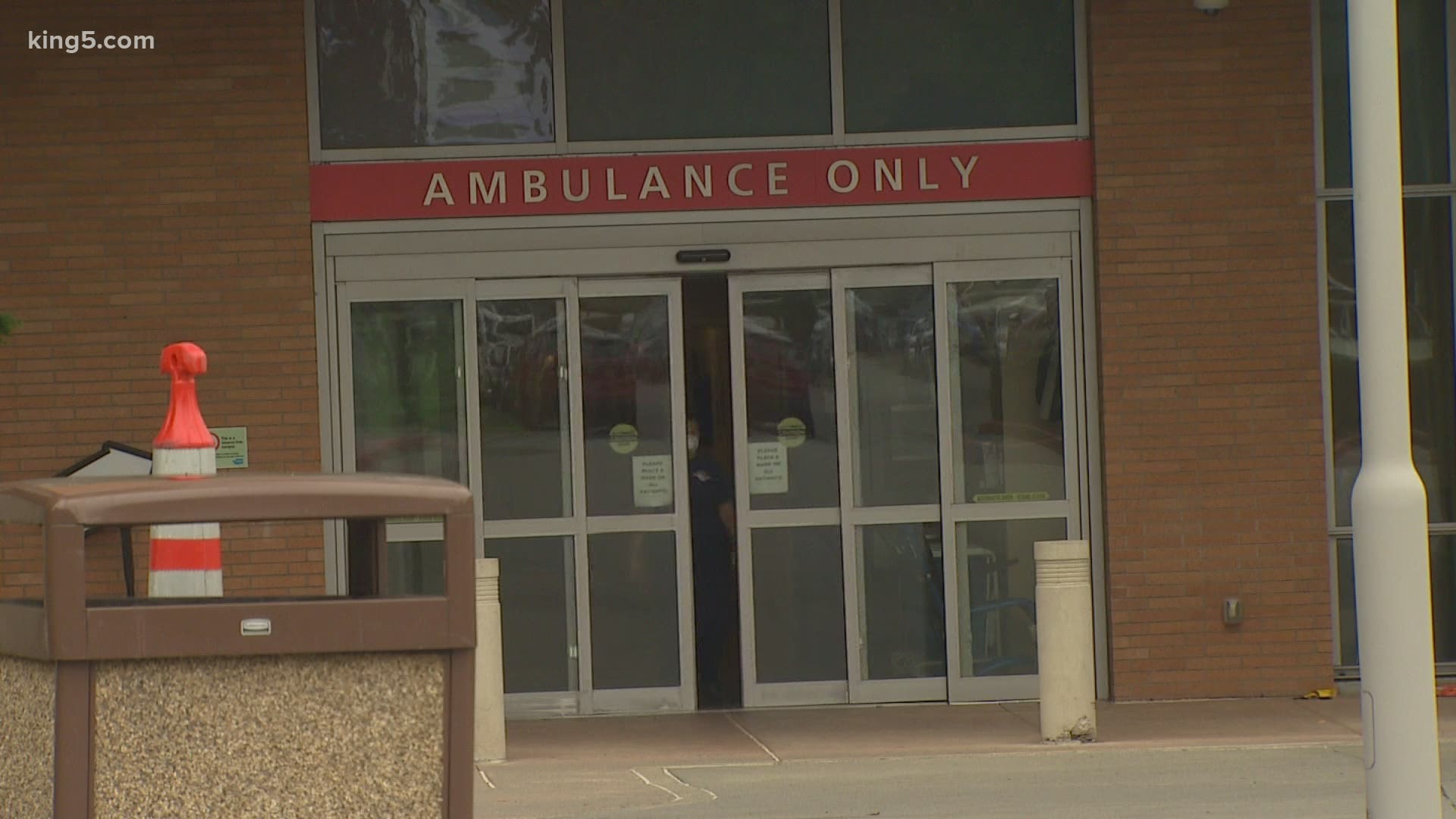EVERETT, Wash. — The fallout from the coronavirus pandemic continues to worsen for many in our state as millions more are now suffering from anxiety and depression, with doctors spread thin and hospital beds scarce.
At Providence Regional Medical Center in Everett, emergency room doctors are seeing about 1,200 patients every month for anxiety and depression.
That's a more than 20% increase from the pre-COVID days. Now, nearly half of those patients are needing to be admitted to the hospital.
Since August, there has been a significant surge in mental health cases arriving at the Providence E.R.
Children are becoming an even bigger concern.
"What we’re experiencing in the emergency department is, not only are the numbers up, but how sick people are, the severity of their illness," said Dr. Ryan Keay, the department's director.
State statistics show that in September, 1.6 million people suffered from anxiety most days with another 850,000 falling victim to depression.
"They feel hopeless. They feel isolated. They feel like they can’t get access to services they’ve had in the past," said Keay.
What's more, the coronavirus casualties aren’t always the patients. Sometimes doctors become patients, as well.
"The doctor, the social worker who walks into a day when they have 10 to 15 patients waiting to be assessed... it takes its toll after a while," said Keay.
All of this is happening while Providence and many other mental health clinics are already at or over capacity.
That means until a bed is available, psychiatric patients end up being shipped off to hospitals that aren’t equipped to treat them, prolonging the pain of a pandemic with no end in sight.
Doctors say the emotional crisis connected to coronavirus is hitting all walks of life.
"It's impacting everybody, but those who were already on the margins are feeling the effects more deeply," said Keay.
Anecdotally, Keay said incidents of child abuse and domestic violence appear to be on the rise as well.
A new mental health treatment center is coming to Everett, but coronavirus has delayed its opening until the middle of next year.
Keay said her biggest concern right now is the economy. With more people out of work, fewer will have health insurance. That means even more people will be pushed to the brink psychologically and unable to get the mental health care they need.
"It’s heartbreaking," Keay said.

